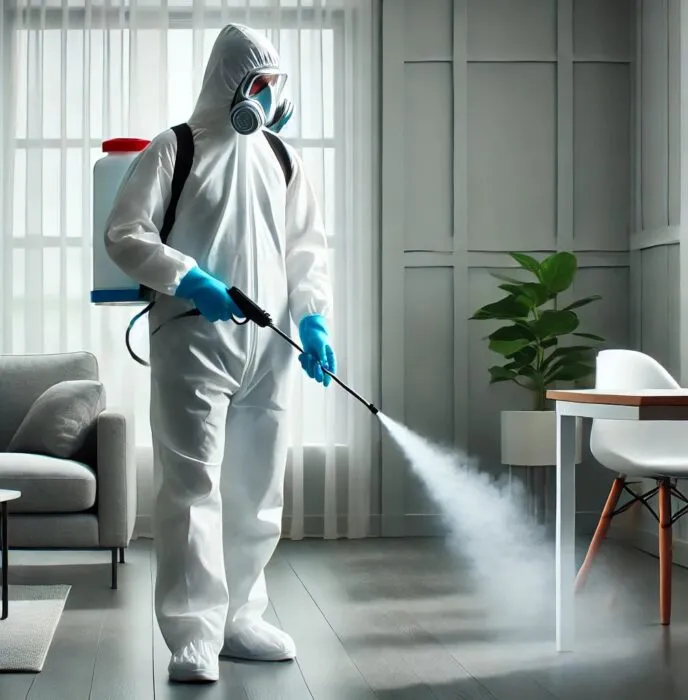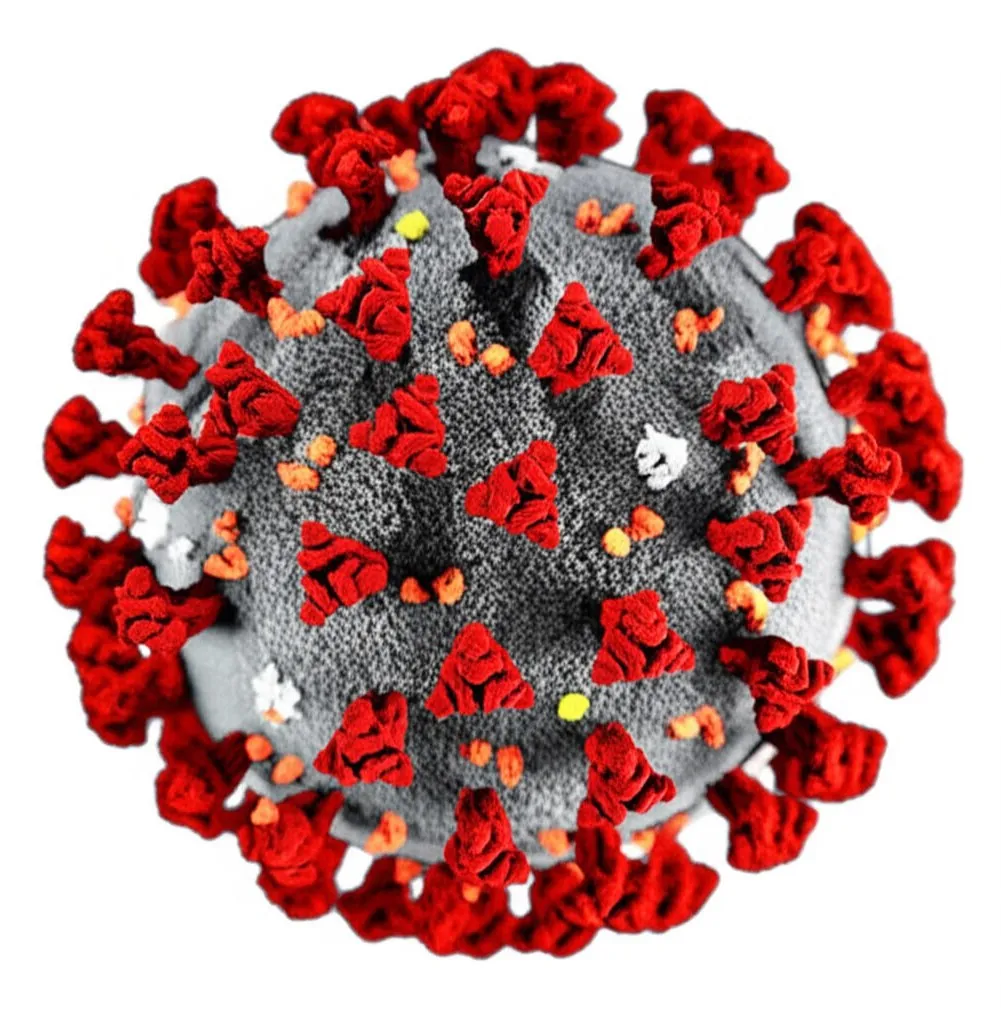Disinfection

Disinfection is the destruction of harmful microorganisms.
Human life is always closely connected with the world of microorganisms. Some of them are a natural part of our body and do no harm. However, there are also microorganisms that can seriously worsen human health.
 A striking example is the recent COVID-19 pandemic, which clearly demonstrated the importance of combating dangerous microbes. Therefore, environmental disinfection is an integral part of maintaining health and safety.
A striking example is the recent COVID-19 pandemic, which clearly demonstrated the importance of combating dangerous microbes. Therefore, environmental disinfection is an integral part of maintaining health and safety.
SARS-CoV-2 is a large family of viruses that can cause illness in both animals and humans, ranging from the common cold to more serious illnesses. People with the virus in their nose and throat can spread infected droplets to objects and surfaces when they sneeze, cough, or touch surfaces such as tables, doorknobs, and handrails – touching objects or surfaces and then touching their eyes, nose, or mouth before washing their hands. The most common symptoms of coronavirus infection are fever, dry cough, and fatigue. To prevent the spread of viruses and infections, disinfection is necessary.
Disinfection is a set of measures aimed at reducing the number of infectious disease agents in objects. One of the main factors in the transmission of the SARS-CoV-2 coronavirus is environmental objects on which the virus can survive and accumulate for a long time. Disinfection should be carried out regularly, more often in places where the source of pathogens is likely to be present, to disinfect viral agents. Disinfection ensures the removal of microorganisms from objects to be disinfected – it involves a full range of disinfection measures: aerosol treatment, washing, ventilation, cleaning the room. Disinfection uses substances – disinfectants. The new coronavirus remains viable for the longest time, on glass – five days, the least on copper – four hours. The greatest effort should be concentrated on disinfecting surfaces made of iron, aluminum, hard metals, wood, glass, plastic – pay attention to harder surfaces. On the street, it is necessary to disinfect plastic or metal surfaces that are often touched – these are railings, doors, handles, etc. Maximum effort should be made to disinfect commercial or business premises, namely cafeterias, dining rooms, dining rooms, kitchens, lounges, tables, etc. Maximum effort should be made to disinfect public toilets, namely handles and taps, flush buttons, dispensaries. In office premises, maximum effort should also be made to disinfect the following areas: cafeteria, dining rooms, dining rooms, kitchens, toilets, tables, keyboards, switches, blinds, handles. In stores, maximum effort should also be made to disinfect areas such as kitchens, dining rooms, dining rooms, lounges, toilets, cash registers, cashier areas, changing rooms. In vehicles, it is essential to disinfect doors, handrails, seats, floors, steering wheels, gear levers, and handbrake.
We offer professional disinfection services for the following facilities:
- apartments and private houses
- food industry facilities
- public institutions
- agricultural complexes
- warehouses and production facilities
- vehicles (cars, aviation, rail and sea transport)
Our methods comply with international standards and are based on advanced disinfection technologies.
